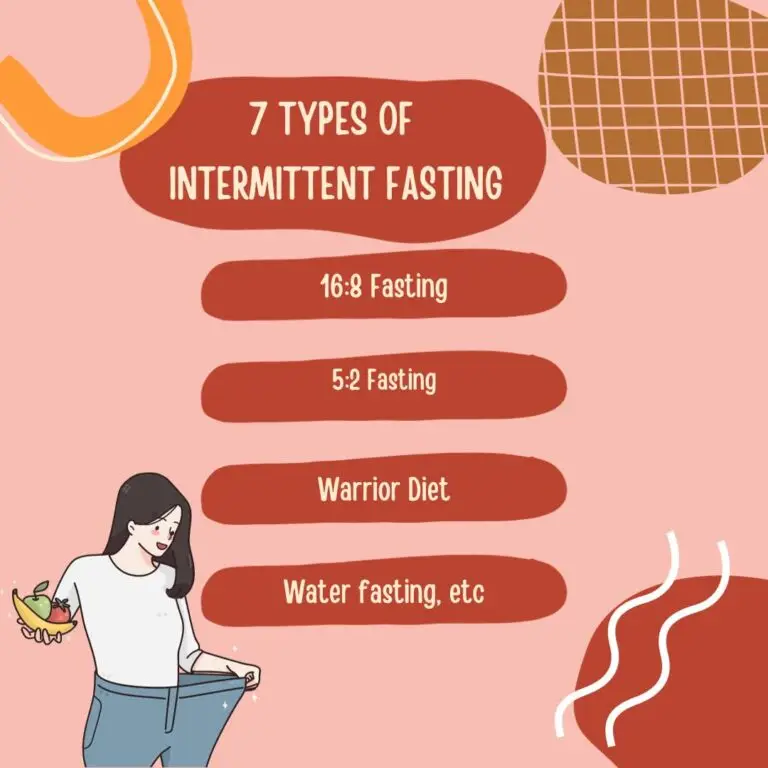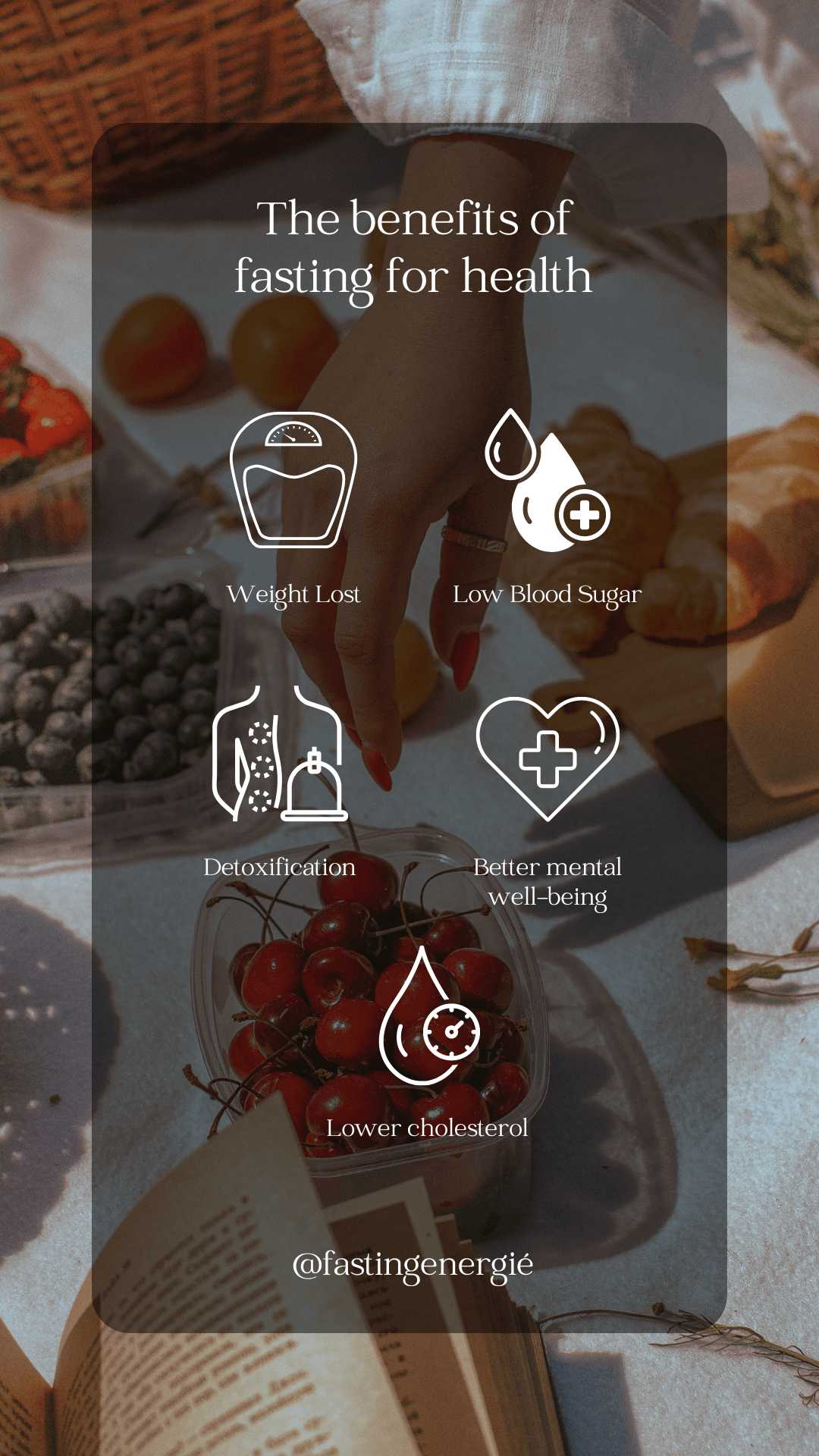12 Intermittent Fasting Mistakes That Cause Weight Gain!
Intermittent fasting has received a lot of attention as a potent method for losing weight and boosting overall health. It is crucial to remember, however, that some mistakes committed while implementing intermittent fasting into your lifestyle can result in weight gain rather than weight loss. In this blog post, we will look at some of the most typical intermittent fasting Mistakes That Cause Weight Gain!
Table of Contents

12 Intermittent Fasting Mistakes That Cause Weight Gain!
Neglecting Nutrient Density in Meals
Nutrient density is the concentration of essential nutrients per calorie in food. Nutrient-dense meals are high in vitamins, minerals, antioxidants, and other health-promoting compounds but low in calories. Neglecting nutritional density can cause numerous problems:
- Nutritional shortages: Consuming low-nutrient diets can result in vitamin and mineral shortages, affecting overall health, energy levels, and immunological function.
- Poor Satisfaction: Nutrient-dense foods often have more fibre and a balanced macronutrient profile, which helps you feel fuller for longer. Low-density foods may stimulate hunger, leading to overeating.
- Impact on overall health: A lack of nutrient-dense diets can eventually lead to the development of chronic diseases such as heart disease, diabetes, and obesity.
Eating a range of entire foods, including fruits, vegetables, whole grains, lean proteins, and healthy fats, is essential for acquiring the nutrients your body requires.
Overeating While Eating Windows.
Overeating during the prescribed eating periods is a common mistake made by those new to intermittent fasting. This often comes from:
- Compensation: The desire to make up for the hours spent without eating might lead to excessive calorie consumption.
- Misinterpreting Hunger Cues: After fasting, the initial sensation of hunger can lead to eating more quickly and in bigger quantities than necessary.
- Impact on Weight Loss: Consuming too many calories during meal windows might cancel out the caloric deficit established by fasting, resulting in weight stability or growth rather than loss.
To manage this, it’s best to break the fast with a little meal, wait a while, and then continue eating if still hungry. This method helps to regulate appetite and prevent overeating.
Not Eating Enough Within Your Eating Window
Conversely, not eating enough during meal periods might also be harmful.
- Metabolic Slowdown: Consistently eating too few calories might cause the body’s metabolic rate to drop as a survival mechanism, hindering weight loss.
- Energy Deficiency: Insufficient calorie intake can cause weariness, diminished cognitive function, and poor physical performance.
- Nutritional Deficiencies: Not eating enough can result in insufficient intake of important nutrients, which can lead to long-term health problems.
Intermittent fasting success requires balancing calorie intake to meet but not exceed daily energy requirements.
Neglecting Hydration.
Hydration is critical, especially during fasting periods, for a variety of reasons.
- Appetite Regulation: Staying hydrated can help moderate hunger, which is sometimes mistaken for thirst.
- Detoxification: Water aids in the elimination of toxins from the body and promotes renal function, which is especially crucial during fasting when toxins are generated as fat is broken down.
- Metabolic Processes: Water is required for almost every biological function, including metabolism and energy production.
Drinking enough water and staying hydrated is essential for increasing the efficiency of intermittent fasting.
Setting a Too Strict Eating Window
Imposing an extremely rigid eating window can result in:
- Social and Psychological tension: Strict windows can make social eating difficult, increasing tension and anxiety over food.
- Unsustainable Long-Term: Excessively restrictive practices may not be sustainable, potentially leading to fasting regimen discontinuation.
- Eating Disorders: In some people, extremely tight diets can lead to disordered eating behaviours.
Flexibility within reason can help make intermittent fasting more sustainable and pleasurable, allowing it to fit more seamlessly into a diverse lifestyle.
Excessive consumption of processed and junk food.
Consuming a diet high in processed and junk foods during eating windows might cause:
- Health Risks: These foods frequently include high levels of harmful fats, sugars, and salts, which raises the risk of obesity, diabetes, and cardiovascular disease.
- Poor Nutrient Intake: Processed foods are often deficient in vital nutrients required for optimal health.
- Increased Appetite: High sugar and fat intake can cause blood sugar spikes and decreases, resulting in increased hunger and cravings.
Prioritising whole, unprocessed foods can greatly enhance the health benefits of intermittent fasting.
Drinking Caloric-Dense Drinks
Consuming high-calorie drinks can quickly lead to:
- Increased Caloric Intake: Beverages such as soda, sweetened coffee, and alcohol can contain large quantities of hidden calories that are easy to overlook.
- Sugar Consumption and Health Risks: High-sugar drinks can lead to poor blood sugar control and an increased risk of metabolic syndrome and type 2 diabetes.
- Poor Appetite Control: Liquid calories do not produce satiety, which may lead to overeating.
Not Including Enough Protein
Protein is an essential macronutrient in any diet, and its value increases during intermittent fasting. Adequate protein diet promotes a wide range of biological activities, including muscle repair and growth, immunological response, and enzyme and hormone production. Here are the main reasons and implications of consuming enough protein when fasting:
- Muscle Maintenance: When the body runs out of stored carbs during a fast, it may begin to break down muscle tissue for energy. Consuming enough protein prevents muscle loss by delivering the amino acids required to maintain and repair muscle tissue.
- Satiety and Metabolic Rate: Protein is more satiating than carbohydrates and lipids, which might help regulate appetite during fasting times. Furthermore, protein has a larger thermic impact, which means it takes more energy to digest, absorb, and metabolise, resulting in a modest increase in calories burnt.
- Hormonal Balance: Proteins aid in the production of hormones like leptin and ghrelin, which regulate hunger and satiety. Adequate protein intake can assist to stabilise these hormones, which aids in appetite control during intermittent fasting.
Incorporating protein into meals can include lean meats, fish, eggs, dairy products, legumes, and, for those on plant-based diets, combining different plant sources to ensure all required amino acids are obtained.
Lack of Physical Activity
Physical activity is a critical component of health, especially when fasting occasionally. Exercise not only burns calories but also promotes metabolic health.
- Exercise, particularly strength training, can considerably improve the effects of intermittent fasting by raising insulin sensitivity and boosting metabolism, resulting in more effective fat utilisation and muscle mass retention.
- Improved Energy and Mood: Regular physical activity can boost endorphin levels, which helps to improve mood and energy levels. This is especially useful when fasting, which some people may find mentally tough.
- Compensation for Metabolic Slowdown: Fasting can cause a drop in metabolic rate, especially when done over an extended length of time. Regular exercise boosts metabolism and can help offset any potential slowing.
Insufficient sleep
Sleep is essential for general health and plays an important role in the effectiveness of intermittent fasting.
- Lack of sleep can cause an imbalance in the hormones ghrelin (which drives hunger) and leptin (which contributes to feeling full). This imbalance can cause increased hunger and appetite, making fasting more difficult to sustain.
- Recovery and Repairs: Sleep is a time when the body repairs itself. This includes muscular tissue restoration, which is especially important when combined with intermittent fasting and exercise.
- Metabolic health: Chronic sleep deprivation has been associated to a variety of adverse health effects, including obesity, type 2 diabetes, and cardiovascular disease. Adequate sleep promotes metabolic health, which is critical to the success of fasting.
Extended Fasting Periods
While intermittent fasting normally entails shorter fasting windows, certain people may experiment with longer periods of fasting:
- Risk of Nutritional Deficiencies: If not adequately handled, extended fasting can result in major deficiencies in vital nutrients, compromising overall health.
- Potential for Muscle Loss: Prolonged fasting without appropriate protein consumption can cause muscle degeneration because the body uses muscle tissue for energy in the absence of accessible carbs and fats.
- Side Effects on Metabolic Rate: Excessively extended fasting periods can cause the body to enter a state of conservation, decreasing the metabolic rate as a survival mechanism, which might undermine weight loss efforts.
Failure to Listen to the Body.
Intuitive eating is essential in any diet, including intermittent fasting. It requires paying close attention to the body’s hunger and fullness signs.
- Avoiding Overeating: Recognising and responding to early indicators of fullness might help you avoid overeating during eating windows.
- Recognising True Hunger: Knowing the difference between true hunger and psychological or habitual eating cues might help you fast effectively without causing unneeded discomfort or calorie intake.
- Adjusting for Needs: The body’s requirements might alter depending on activity level, stress, health status, and other factors. Being adaptable to these changes can assist adjust the fasting routine for improved results and longevity.
Conclusion
Navigating the challenges of intermittent fasting requires more than simply timing your meals. It necessitates being mindful of what and how much you consume throughout your eating windows, as well as staying hydrated and in balance with your lifestyle. To genuinely benefit from intermittent fasting without gaining weight, it’s critical to focus on eating nutrient-dense meals, controlling portion sizes, and avoiding the traps of overindulging in calorie-dense beverages and processed foods.
Setting realistic and flexible eating periods can also assist maintain intermittent fasting as a long-term lifestyle rather than a temporary diet, lowering stress and enhancing adherence. Regular physical exercise and adequate sleep promote metabolic health and improve the efficacy of your fasting regimen.
Understanding and addressing these critical aspects will allow you to optimise your intermittent fasting plan, resulting in not just weight loss but also improved general health and well-being, making your fasting journey both successful and pleasurable.
Frequently Asked Questions
u003cstrongu003eWhy am I gaining weight when intermittent fasting?u003c/strongu003e
Weight gain during intermittent fasting can occur due to overeating during eating windows, not maintaining a calorie deficit, or choosing high-calorie, low-nutrient foods. Stress and lack of sleep may also contribute to weight gain.
u003cstrongu003eWhy did I gain so much weight after fasting?u003c/strongu003e
Significant weight gain after fasting can result from overeating, particularly if high-calorie or high-carbohydrate foods are consumed, leading to water retention and a rapid replenishment of glycogen stores.
u003cstrongu003eWhy am I not losing weight on 16:8 fasting?u003c/strongu003e
Not losing weight on a 16:8 intermittent fasting schedule may be due to not achieving a calorie deficit, insufficient physical activity, or metabolic adaptation. It’s also important to consider the types and quantities of foods consumed during the eating period.
u003cstrongu003eWhy is my stomach getting bigger while fasting?u003c/strongu003e
An increase in belly size during fasting could be due to bloating or gastrointestinal issues rather than fat gain. This can happen from eating too quickly, consuming large meals in short periods, or eating foods that cause gas.
u003cstrongu003eDo you eventually stop losing weight with intermittent fasting?u003c/strongu003e
Weight loss plateaus with intermittent fasting are common as the body adapts to reduced calorie intake and lower energy expenditure. To continue losing weight, you may need to adjust your calorie intake, change your fasting schedule, or increase physical activity.







